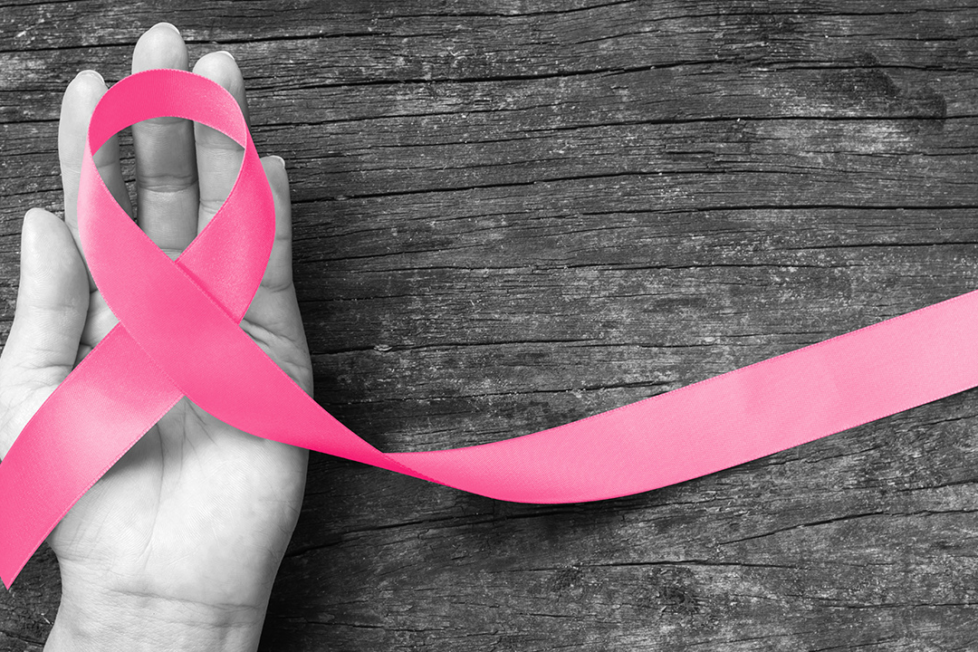Facts about Breast Cancer and what you can do to be vigilant


Although Breast Cancer Awareness month is officially over, it is never too late to learn about Breast Cancer and what you can do to detect it early.
What you need to know about Breast Cancer:
Almost 1 in 8 U.S. women and 1 in 833 U.S. men will develop breast cancer in their lifetime.
How to detect breast cancer early:
